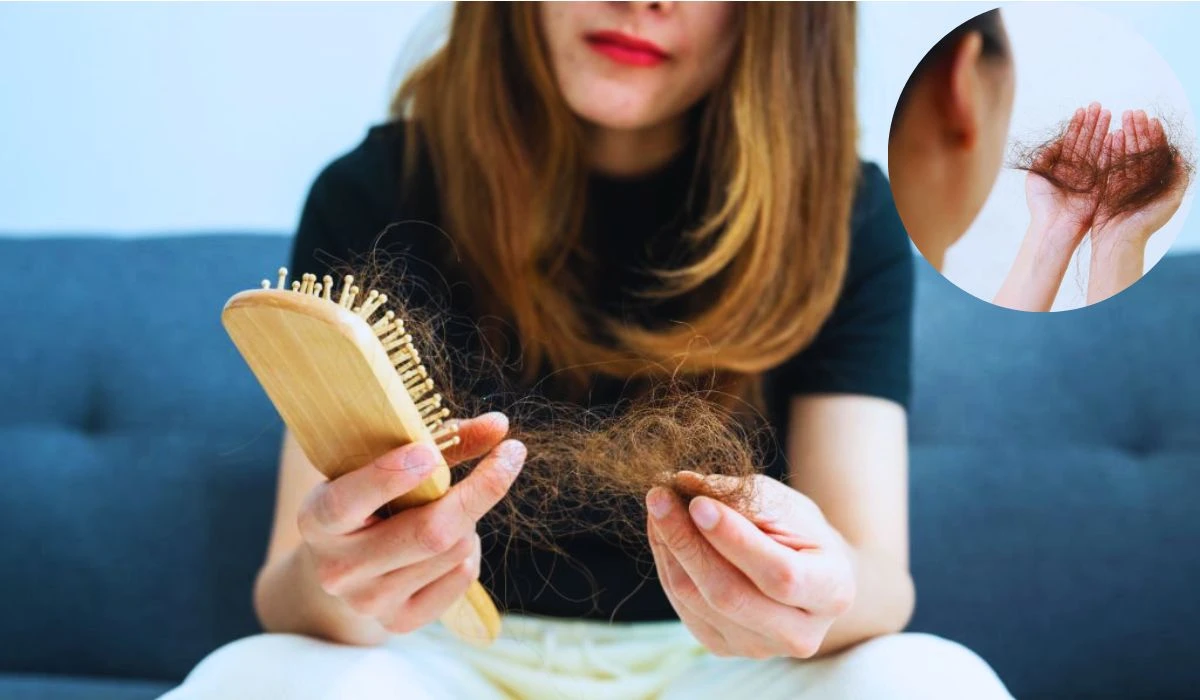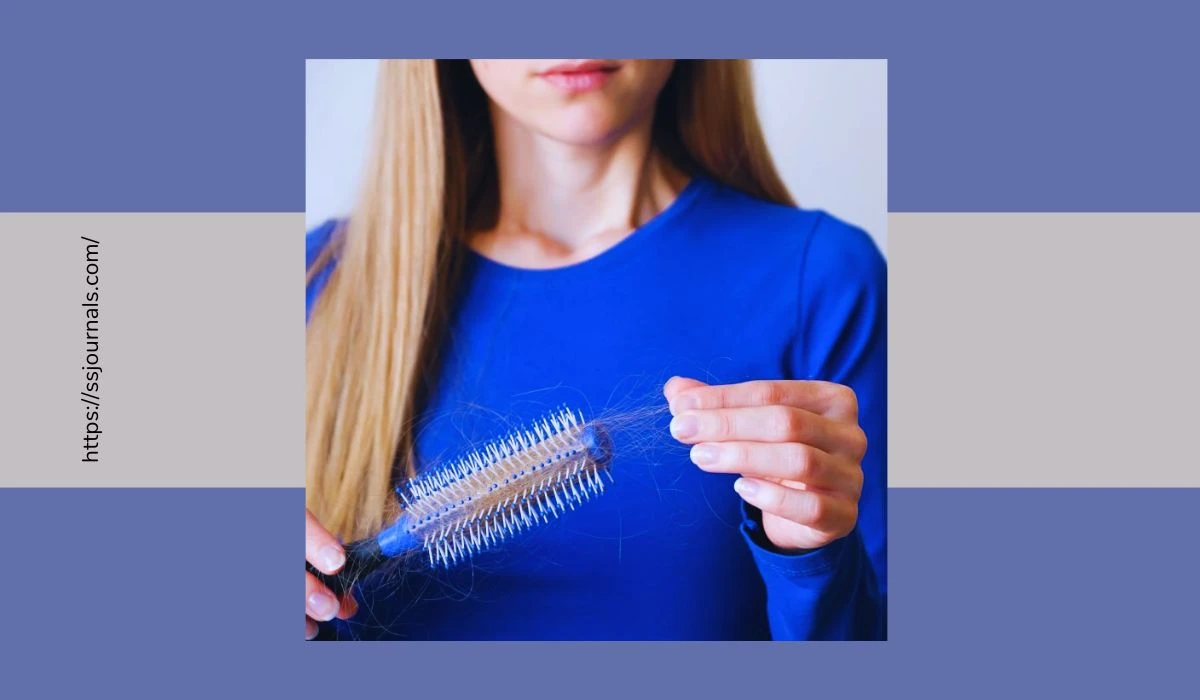Hair fall is a common issue that affects more than 80% of the population of men and 50% of the population of women.
The risk of hair loss or alopecia increases as you age. While it is normal to lose 50 to 100 strands of hair every day, you are at a serious risk of thinning hair if you lose more.
Hair fall can be caused by many issues ranging from damaged hair to deficiency of certain nutrients. It can also be caused by genetics, hormonal changes, stress, or other health conditions.
In women, it might take years to be visible. It appears as hair thinning at first and later you might see the appearance of bald spots. Mostly, menopausal women experience this, but it can occur anytime after puberty.
Tips To Prevent Hair Fall
Hair loss might be of many types. In all cases, treatment is necessary to cure it. The treatment might be different depending on the type of hair loss you have.

Though self-treatment might not cure it completely, it might help in preventing it. A few tips that you can try to prevent hair fall will be discussed in this article.
Given below are some ways in which you could prevent hair loss
✅ Hairstyle
Tight hairstyles where hair is pulled back or tugged at tend to damage the hair. It pulls the hair from the scalp making it more prone to falling out.
It is always advised to have gentle hairstyles that do not exert a lot of force on the roots of the hair.
✅ Hair Wash Pattern
How you wash your hair is another factor that can damage the hair. Most of us might have heard while growing up that washing your hair daily can increase hair growth.
While keeping the scalp and hair clean is good for the health of your hair, washing it daily can strip off all the moisture from it.
Hair that is washed daily is more prone to breakage as it tends to be dry and frizzy. So it is best to wash your hair on alternative days or at least twice a week.
✅ Shampooing And Oiling
Another misconception is regarding shampooing and oiling of hair. We might have heard that oiling your hair daily can stimulate thick hair growth and shampooing might have reverse effects due to the chemical contents in it.
While this holds partly true, most of this is just a misconception. Oiling can stimulate hair growth as it improves blood circulation. But oiling daily and not washing it off with shampoo can cause dirt to accumulate on the scalp and make it unclean.
As for shampoos, great care should be taken to select a mild shampoo that is gentle on the scalp but is also efficient in washing off the oil.
✅ Hair Treatments
Hair treatments like smoothening, straightening, bleaching, and coloring can also damage the hair. These processes involve a lot of chemicals and heat treatments.
The chemicals and heat can damage the hair and make it prone to breakage. It is best to make sure that you get these treatments done by a certified hair stylist who uses safe methods.
✅ Diet
Damage of hair or hair loss can happen not just from the outside but it can also be triggered from the inside. The food we eat plays a major role in the growth of hair.
It is the food we eat that provides us with the necessary nutrients for the different parts of the body. A diet that is rich in all the nutrients needed for the hair can significantly reduce hair loss.
✅ Low Heat Hair Drying
A hairdryer is a tool that most of us can not live without. It saves so much time and is a lifesaver for people who are short on time.
High-heat hair drying can cause breakage and hair loss. Though it is always best to air dry your hair, low-heat drying is an alternative you could try if you can not avoid it at any cost.
✅ Brushing
There are a few things to keep in mind while brushing your hair. You should be gentle on your hair while brushing and should use a comb that is not hard. Brushing wet hair is also bad for the hair as tugs at heavier hair which can increase hair fall.

